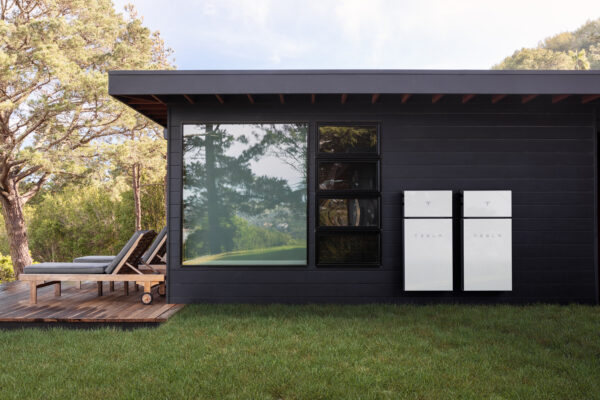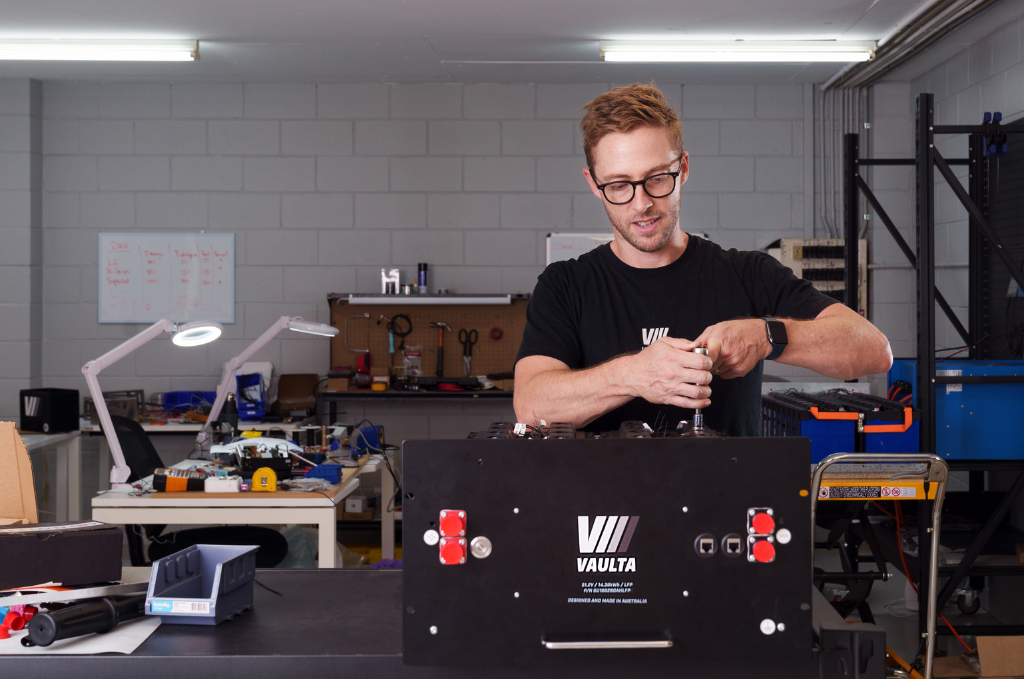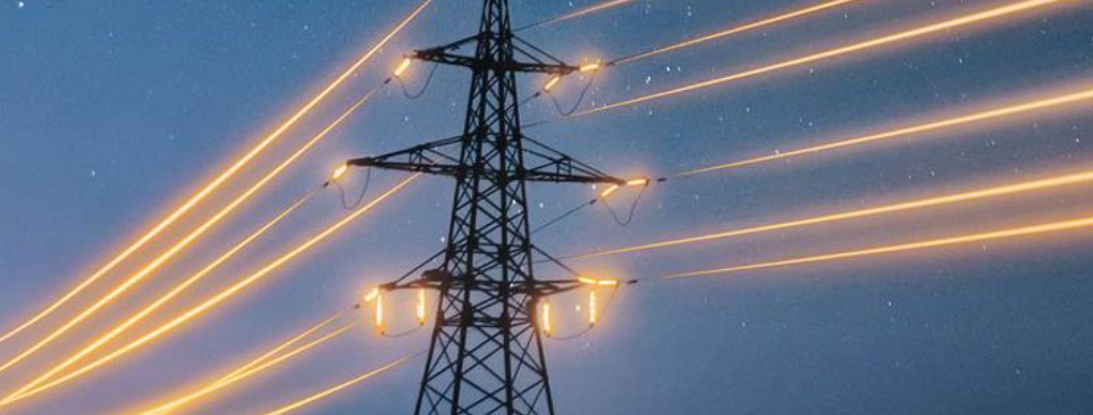Companies are rushing to Australia’s home battery market, with a huge influx of new brands and products exhibiting at the recent Smart Energy Conference in Sydney. All of the hopefuls are working with lithium-based chemistries, and the vast majority manufacture in China.
How ready each company is to enter the market varied significantly, with some tentatively scoping Australia’s battery landscape and searching for distribution partners, while others had established teams and strategies here.
Among the newcomers were a handful of Australian companies, though most of these are catering to larger commercial and industrial (C&I) applications as well as off-grid solutions, which pv magazine Australia has covered in a seperate article. Chinese brands, on the other hand, seem to be more focused on home and portable battery markets, covered here.
Alongside these two streams are a few international players, as well as solar giants moving into storage. Many newcomers had not set their Australian price points yet, with a number of representatives reporting they were waiting for the latest update on Tesla’s Powerwall prices, presumably looking to retail for less while still maximising profit potential.

Image: Tesla
Some new entrants had clearly clocked the growing competition and were entering Australia with a bang – most notably Franklinwh with its ‘buy one get one free’ offer running until September.
Australian companies
Vaulta
In the last six months, Vaulta has launched its 5 kWh and 14 kWh battery products. It has also just opened its manufacturing plant in Brisbane, the startup’s founder Dominic Spooner told pv magazine Australia. The facility employs around seven staff and has the capacity to produce 30 to 50 batteries per month.
Vaulta is unique in the Australian battery market because, unlike other companies, its model revolves around designing for repair and recyclability. In other words, it has centre-pieced circularity in a way few other companies today do. “It all goes back to design. You design out the waste,” Spooner said. The company’s batteries are cylindrical and prismatic, which Spooner says work just as well and can also be easily disassembled. This circular design concept, Spooner says, has also helped the company push down its costs, since it only needs to price in the potential cost of repairing its battery systems rather than replacing them.
Where possible, Vaulta buys local products, though its cells are sourced from Eve – one of the more popular cell manufacturers. Spooner is aiming to have Vaulta’s batteries certified under the IEC international safety standard by midyear.
International companies
Enphase Energy*
The third generation of Enphase’s IQ home battery is set to land in Australia in July, making it the first region outside the company’s home US market to see the system. The batteries feature triple the peak power and double the continuous power of the previous model, and boast a number of interesting features.
Pixii
This Norwegian brand has been retailing bidirectional inverters and working in the community battery space in Australia for some years now, but it is looking to launch its residential battery, the Pixii Home, into the Australian market in the next 12 months. Its CEO, Kenneth Bodahl, told pv magazine Australia the Pixii Home had already sold out to European markets, so while it may arrive on Australian shores in Q4, it will more likely be 2024.
The residential battery comes with a few significant points of difference – the most important being that its smart home features come as standard. This is because Pixii is part of a bigger group, L-tech Holdings, which owns another company developing smart home technologies. Complete home energy optimisation and management come at an additional charge within Pixii’s app.
The battery has a three-phase configuration, DC-connection and is scalable up to 20 kW/ 20 kWh.
Franklin Whole Home (Franklinwh)
With the most competitive gimmick on show, Frankinwh is offering Australian installers and retailers an early bird ‘buy one get one free’ offer if they install a system before September 30. The product range will be available in Australia from July, and the offer extends to Franklinwh’s aPower and aGate, its battery and controller systems. Franklinwh’s batteries can be scaled up to 15 modules for a maximum storage capacity of 203 kWh, though residential batteries are the primary target.
Franklinwh has its US headquarters in San Francisco, and its team of over 300 global employees design the battery systems which are manufactured in Shenzhen, China. The company was founded in 2019 and has been delivering to the US market from early 2022. Franklinwh uses CATL cells and is yet to set a definite price for Australia, but said this will be finalised by July. The company is not seeking to market directly to consumers in Australia, but rather wants to enter the market via distributors, representatives said.
Chinese companies (in alphabetical order)
BSLBatt
The company seems to be sitting in something of a grey area since it has been selling its systems in Australia for the last three years, but is only just now in the process of getting Clean Energy Council approval for storage products. The company expects that approval to come through in the coming months, representatives said, and with that it is hoping for greater uptake in Australia.
Cyclen
Cyclen focusses on battery manufacturing, though it was not clear if this extended to the cell level. The company’s batteries mainly seem to sell under other manufacturer’s branding, with the booth even promoting how simply its systems could be rebranded.
DHDC
DHDC is bringing a new home battery to the Australian market with a capacity of 5.12 kWh, stackable up to 15 units, its representatives said. The company seems to have been selling portable batteries in Australia a little longer, but is looking to move into more lucrative markets. Its representatives said it is looking for Australian distributors for the residential batteries.
Ecoflow
Ecoflow has already been selling portable batteries in the Australian market, but late last year launched its home battery solution, called EcoFlow Power Kits. The company seems to have brought its experience making portable batteries to its residential offering which takes ‘modularity’ to a new level. The home batteries, which are stackable for up to 15 kWh of storage, can literally be unplugged and taken away, for instance on holiday or for a day at the beach. The Power Kits have a max AC output of 3600 Watts and are now available Australia.
While the company is targeting the residential home battery market, its main focus seems to be portable battery systems for camping and ‘van life.’
ESG/Toyo
With most of its products branded ‘Toyo,’ this company has a rather expansive range it’s hoping to bring to Australia, from low voltage to high voltage home batteries up to small commercial. It is one of the few Chinese brands that had set its prices. For instance, its high voltage home battery with a capacity of 10 kWh wholesales for around $3600. Meanwhile, its low voltage range wholesales under $1000 (presumably these are Australian dollars, though this wasn’t specified on the datasheet).
Again, the company is looking for a distribution partner in Australia. Its representatives said the company manufactures cells as well as integrated battery systems, and is already exporting to European, North American and African countries.
Ezy
Ezy has been manufacturing its own cells since 2007, according to the company’s representatives. It is offering 5 kWh single phase batteries which are stackable to a maximum capacity of 30 kWh. By the end of the year, the company is hoping to be offering a three-phase battery which will stack in 10 kWh units, and will also cater to small commercial customers. It is also looking to enter the utility-scale battery market in the coming year, the representative said.
Ezy has already expanded into a number of European markets, including Germany and Italy, as well as North America. It is yet to finalise its wholesale prices for Australia.
Hinen
A representative for the company said it had developed its energy storage system range around 18 months ago, but the Sydney expo was Hinen’s first time bringing its products to Australian shores. They also said the company is actually producing its own battery cells, rather than simply manufacturing the systems. Its range includes residential battery systems and portable power systems.
Hoenergy
Hoenergy is a fairly new company, founded in Shanghai in 2021. It is manufacturing battery systems and inverters and uses Rept battery cells – all of which have been combined into its low voltage residential system, though it also offers a separated kit. Currently, it has a 10 kWh system and hopes to have a 30 kWh battery on the market by the end of this year, its representatives said. The company is currently in the process of getting CEC certification, its team said, and then will seek to base a team here in Australia. The price point for its batteries will be determined after that period, representatives said.
Jevier
Australia is this Chinese company’s first target market in its global expansion. Its representatives said the company is aiming to set up a small team here, and is currently looking for a place to do so. Jevier is also looking for distribution and installation partners in Australia.
In terms of its products, the company is targeting both the residential and utility energy storage segments. It has a ‘all in one’ system, which includes an inverter and battery management system in its products. Its residential storage systems have a capacity of 8 kW/15 kWh. Jevier also has a system geared more towards the C&I segment at 22.5 kW/45 kWh.
Jinko
One of Australia’s most popular solar brands, the company launched its residential battery in 2022. Like a number of other major players, it is seeking to have a ‘full stack’ product suite. Leo Ye, Jinko Australia’s Regional Sales Manager, described the move as a “natural evolution” for the brand, giving customers the ease of a single point of contact by having all their home energy equipment made by the same manufacturer.
Jinko is offering a split unit with the battery and inverter sold separately for flexibility. The current storage inverter is a single phase 5 kW offering, though the company already has a roadmap towards bigger capacities and three-phase options. In terms of the storage component, Jinko’s offering scales at 2.5 kWh increments. A residential solution with a 5 kW inverter and 10 kWh of battery storage wholesales for under $7,000, Ye said.
Jinko’s next battery evolution, a ‘concept product’ design for which was already on display at the expo, is considerably slicker and more compact. The company is currently collecting feedback on the design concept, Ye said. Jinko is also seeking to move into the industrial segment, with keen eyes on the growing market for community batteries.
GBS
Chinese battery cell and system manufacturers, the company is now looking to expand its Australian reach and is targeting the residential segment. It has an agent in Melbourne, EV Power, its representatives said.
Raja New Energy
Another recently formed company, Raja New Energy is focussed on the residential segment with batteries stackable for capacities of 5 kWh to a maximum of 30 kWh. It seemed as though the company was geared up to sell its systems under different brand names, and was looking for Australian distributors.
GoodWe
Around six months ago, Chinese inverter company GoodWe launched its high voltage residential battery which can pair with its single-phase hybrid inverter and three-phase model. The batteries are scaleable up to 30 kW, with the inverters’ rating moving up in 5 kW increments.
GoodWe also recently launched its commercial battery, which starts at 101 kW and can be scaled to 450 kW. The system works with GoodWe’s 50 kW hybrid inverters.
GoodWe Australia’s Marketing Manager, John Wright, and its country manager, Dean Williamson, said the battery cells are the only component in the system GoodWe doesn’t manufacture itself (it uses Eve cells), with the battery management system also developed in-house.
Topbrand
Established in 2007 in China, the company is now trying to break into Australia market and is currently looking for Australian partners to retail its products here. The company offers residential battery systems, portable systems and batteries specifically to be used for marine applications like boating.
Topa
The Smart Energy expo seemed to be more of a scoping exercise for Topa, with representatives saying the company ‘may be’ looking for an Australian distributor. The company seems to manufacture both battery cells and integrated system and is focussed mainly on portable batteries with some home battery products.
Wincle
Wincle has been around for 12 years in China, but the expo was its first foray into Australia. A representative said the company is looking for an importer and distributor in Australia and is hoping to cater to both the residential and C&I segments. The company already has a presence in the US, Germany, Italy, Spain and other European markets, its representative said.
–
*This article was amended on May 23 to add Enphase Energy’s latest generation of the IQ Battery.
This content is protected by copyright and may not be reused. If you want to cooperate with us and would like to reuse some of our content, please contact: editors@pv-magazine.com.









1 comment
By submitting this form you agree to pv magazine using your data for the purposes of publishing your comment.
Your personal data will only be disclosed or otherwise transmitted to third parties for the purposes of spam filtering or if this is necessary for technical maintenance of the website. Any other transfer to third parties will not take place unless this is justified on the basis of applicable data protection regulations or if pv magazine is legally obliged to do so.
You may revoke this consent at any time with effect for the future, in which case your personal data will be deleted immediately. Otherwise, your data will be deleted if pv magazine has processed your request or the purpose of data storage is fulfilled.
Further information on data privacy can be found in our Data Protection Policy.